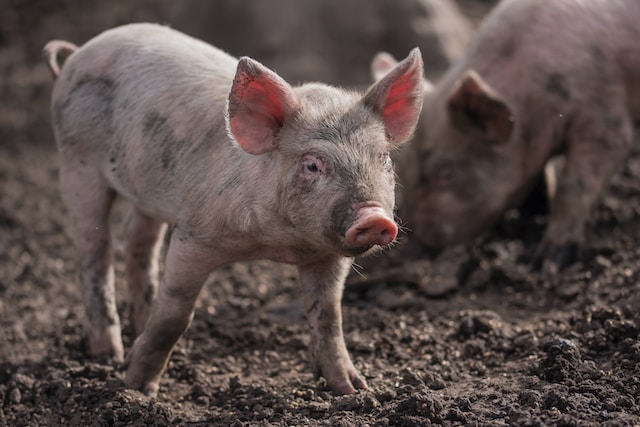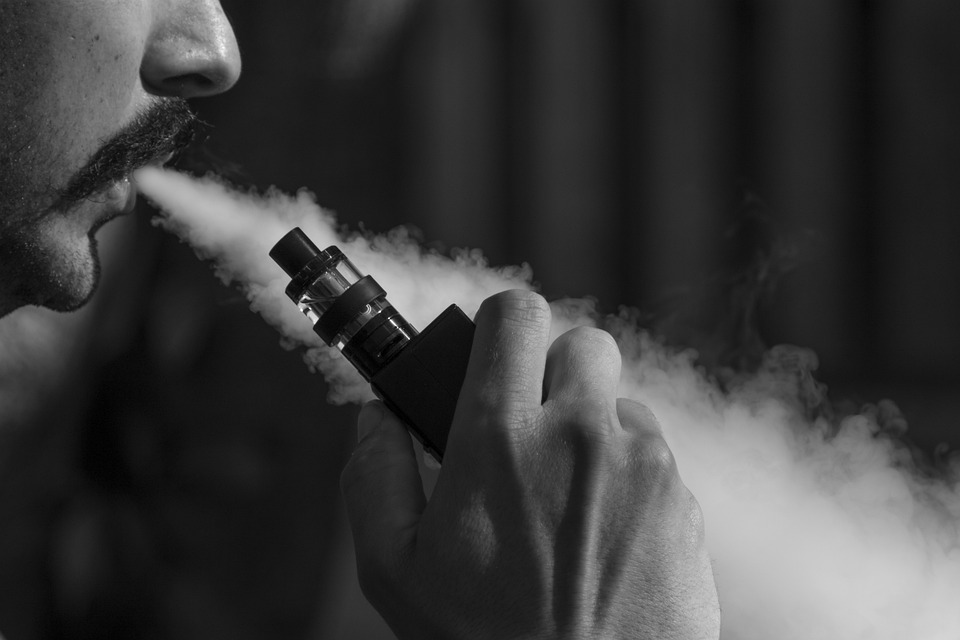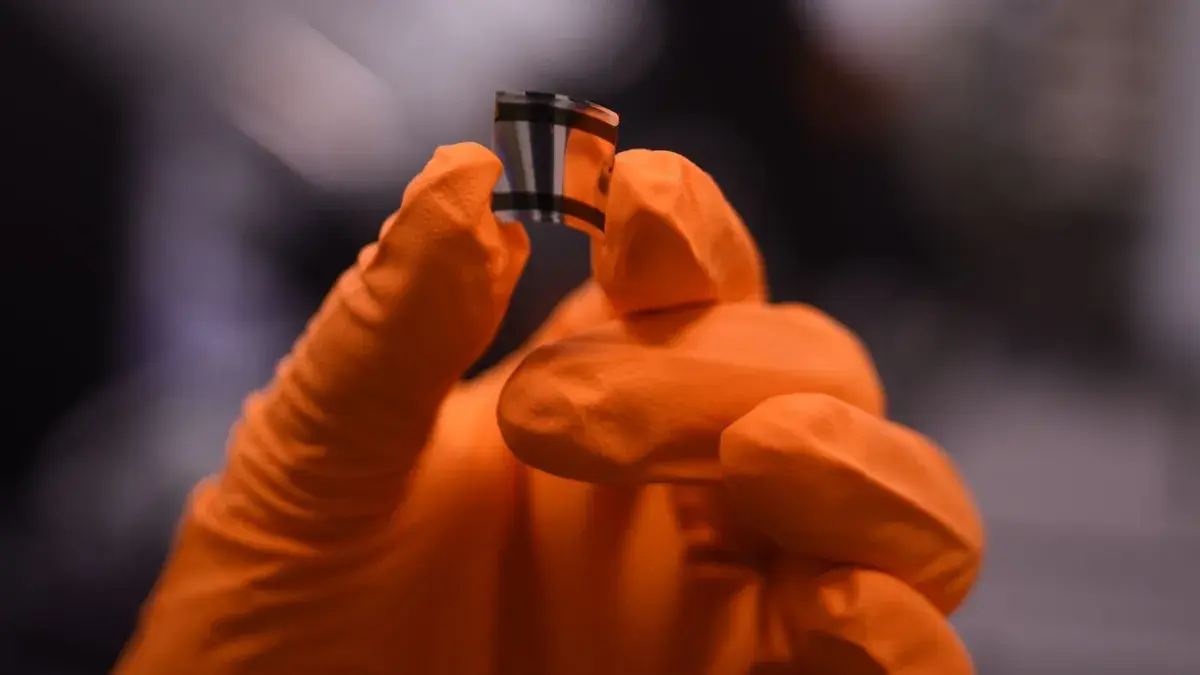Scientists at Indiana’s Purdue University have successfully developed a set-activating hog-cooling pad for hog barns to face a warning world.
Under heat stress conditions, the scientists found that lactating sows reduced their feed intake and milk output to attempt to reduce their metabolic heat production. Hence, their piglet growth and subsequent reproductive performance are negatively affected.
Meanwhile, it is reported that heat stress also decreases sperm motility and concentration, as well as an increase in sperm abnormalities on boars.
Benefits of Keeping Hogs Cool
Each pad consists of a rubber base and a 2 x 4-foot (610 x 1,219-mm) aluminum tread plate, sandwiched between a network of copper piping and temperature sensors, which are responsible for detecting hogs’ temperature.
When a hog lying on the pad is too hot, it triggers a connected pump to circulate cold water through the pipes, flushing out the warm water already in them. These flushings continue every few minutes to bring the hog’s body temperature back down to normal. Moreover, the flushed warm water can be also chilled and reused.
In initial tests performed on hogs at the university, the technology showed promise. According to Purdue’s professor Allan Schinckel, it is reported that piglets who were on the cooling pads had a 26% increase in weaning weight and a 7.2% increase in feed intake.
The cooling pads also help to improve animal welfare and well-being as sows produce more heat, which corresponds to an increase in their feed intake and milk production. The technology has been licensed to Canada’s IHT Group and is planned to bring to the North American market next spring.
Many Technologies Designed for Cooling Farms
More intense summer heat resulting from emissions-driven climate change means animal heat stress that can make farmers and ranchers lose billions of dollars in revenue if not properly managed.
A team of USDA and university scientists launched a new app called HotHog that uses local weather data to help farmers anticipate conditions that might be uncomfortable for their pigs. In addition, a meteorologist at Kansas State University helped develop a seven-day animal comfort forecast tool for beef farmers that takes into account temperature, humidity, and wind.







